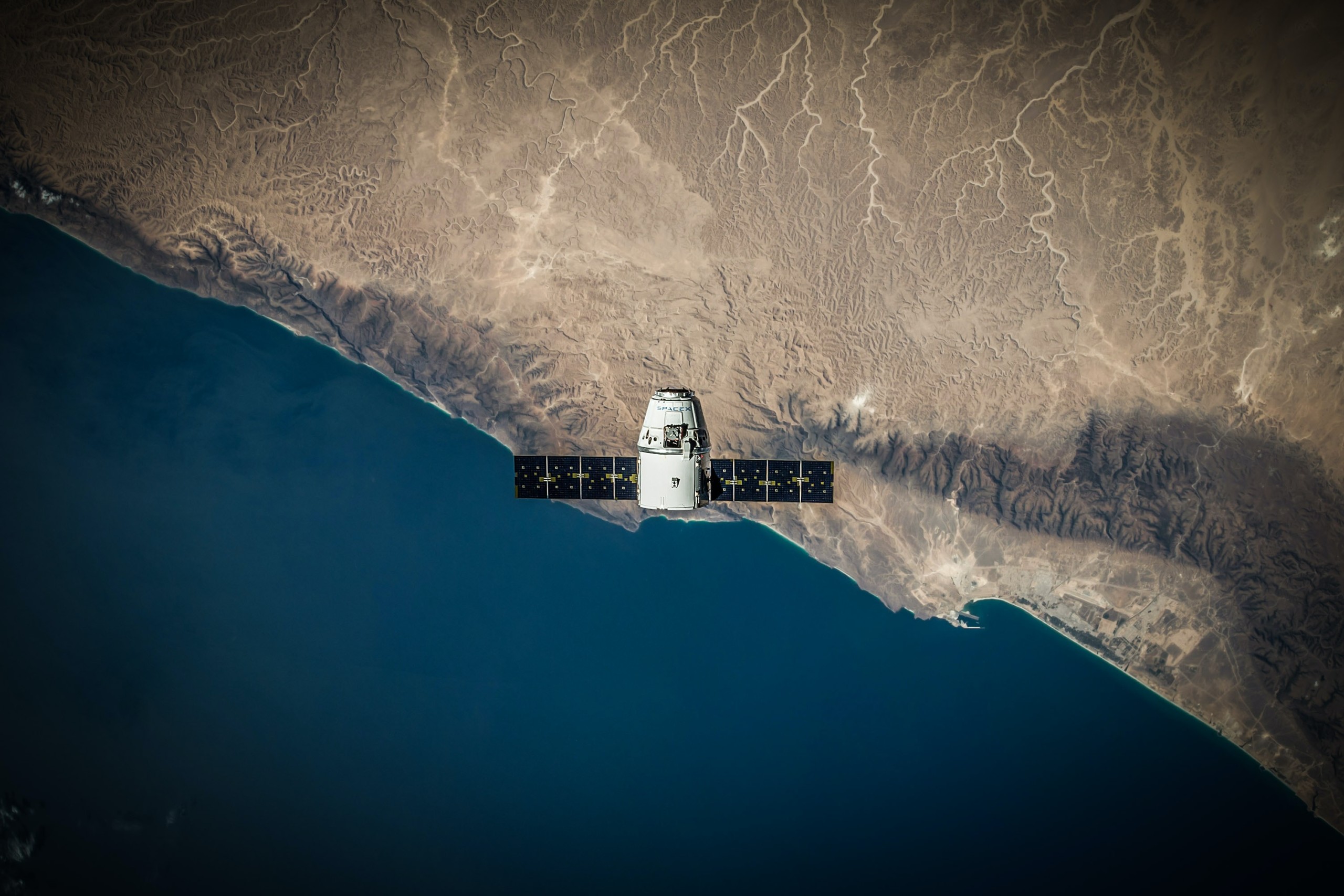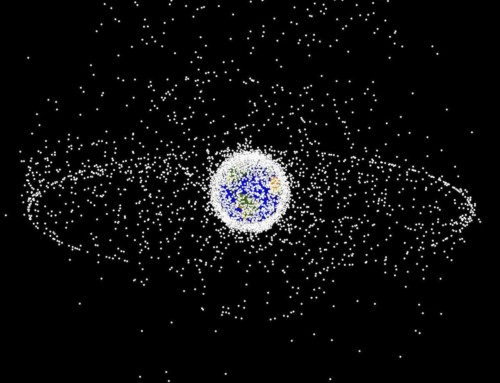US Department of Defence and USSPACEECOM updated the US Guidance on Responsible Behaviour in Space
On March 3rd, 2023, US Defence Secretary Lloyd Austin released updated guidelines for safe and responsible space operations in a memo labelled “Tenets of Responsible Behaviour in Space.” The memo covers five tenets, outlining specific behaviour applicable to military operations.
Findings:
Tenet 1 covers the US interpretation of the due regard principle referred to in Article IX of the Outer Space Treaty, calling on US actors that operate in, from, to, and through space to act with due regard to others and in a professional manner. Substantively, the US interprets due regard as requiring US actors operating in proximity to non-US governmental space objects to avoid all actions that may harmfully interfere with the functioning of the other space object, including activities that may significantly increase the risk of a potential collision.
Tenet 2 concerns the generation of long-lived space debris and calls for actors to pre-emptively design, operate, and maintain space objects in ways that limit the generation of long-lived space debris. In particular, this tenant highlights the importance of considering end-of-life disposals.
Tenet 3 also addresses one of the core principles in Article IX of the Outer Space Treaty – harmful interference. To avoid causing harmful interference, actors must take “all practicable steps” to prevent affecting the command and control of a space object in a manner that increases the risk of loss, damage, or destruction of a space object. Moreover, actors must “take all practicable steps” to prevent any interference with the capabilities that contribute to strategic stability. Hereunder, it lists national technical means of verification, strategic missile warning space systems, and nuclear command, control, and communications (NC3) space systems.
Tenet 4 focuses on preventing accidents from occurring in space by asking actors to maintain safe separation and safe trajectory to ensure space objects have appropriate collision avoidance systems and follow trajectories that allow other objects to manoeuvre safely.
Finally, tenet 5 focussed on the principle of international cooperation listed in Article XI of the Outer Space Treaty, which requests States inform the international community to the greatest extent possible of the nature, conduct, locations, and results of their activities. The tenet specifically calls for improving communication and notifications to enhance the safety and stability of the space domain. Actors should immediately notify affected parties if a potential collision is predicted and the public as soon as practicable in the event of an uncontrolled re-entry. Furthermore, space situational awareness data should be shared to facilitate spaceflight safety, avoid collisions, and minimize launch and re-entry risks. Finally, as soon as practicable, the US should notify affected parties of the loss of control of a space object if that loss of control may result in a collision, cause interference with other space objects, or cause uncontrolled re-entry.
What does this mean for decision-makers?
The guidelines are for military space operations, not commercial or civil space activities. Overall, the guidelines significantly contribute to forming opinion iuris that will eventually help establish a customary law interpretation of the principles and obligations in the 1969 Outer Space Treaty. Across the five tenets, it employed the wording and purpose of Articles 8, 9, and 11 of the Outer Space Treaty.
The US interpretation of due regard will force US military actors to take extreme caution when conducting any manoeuvre in space that could harmfully interfere with the functioning of another space object. While there is no clear definition of harmful interference, the tenets imply with the connection to the object’s functionality that the use of lasers in space, space debris removal equipment, or any other high-risk manoeuvre will have to be highly cautious of the proximity of other space objects.
Tenets 3 to 5 show that the US is worried that other States may interpret an accident in space as hostile. Accordingly, the tenets re-enforce responsible behaviour in space to prevent such accidents and, when an accident does occur, to have opened communication channels about the possible collision or damage before it happens. Implementing these policies, as mentioned in Tenet 5, will require US governmental actors to be more transparent in their space activities and to more openly share their space situational awareness (SSA) data with other foreign actors so that they can make similarly informed decisions on their end.
Authors: Lilith Salisbury and Bas Jacobs





